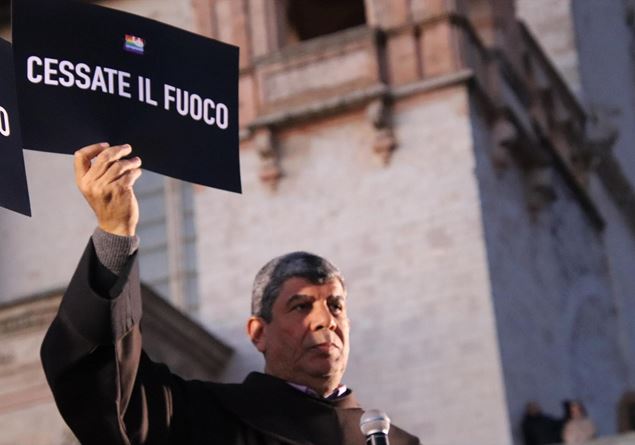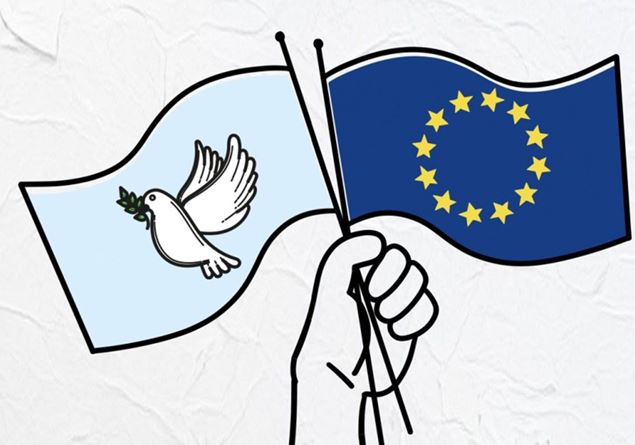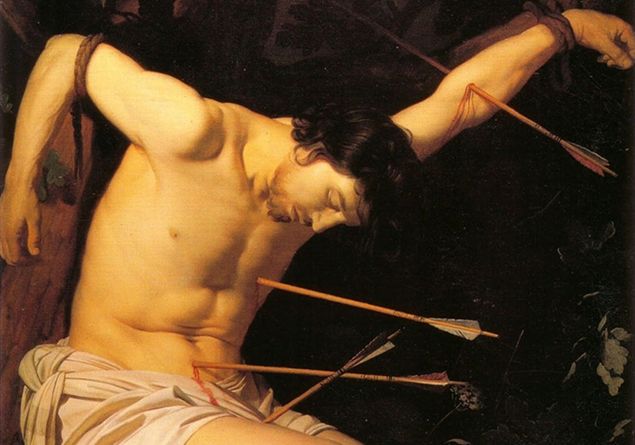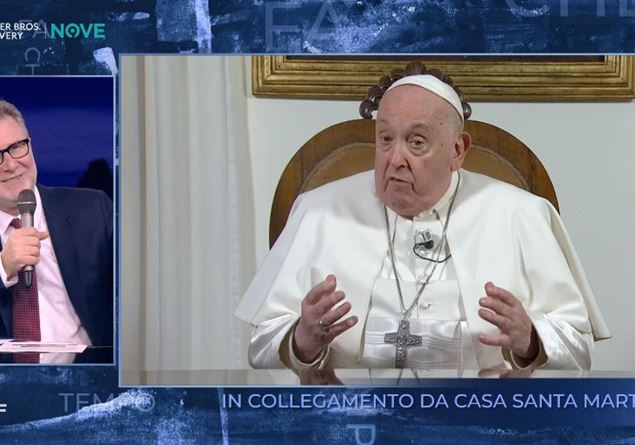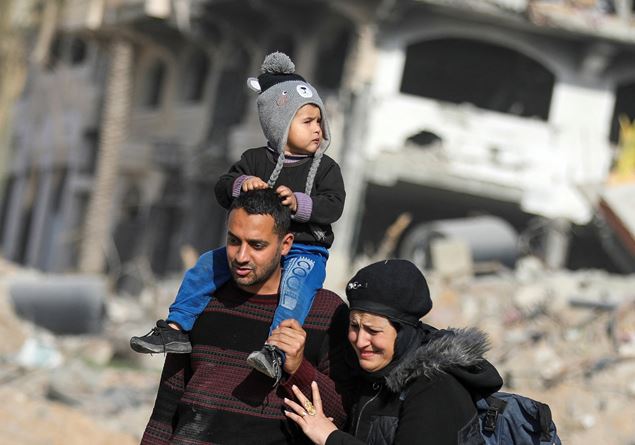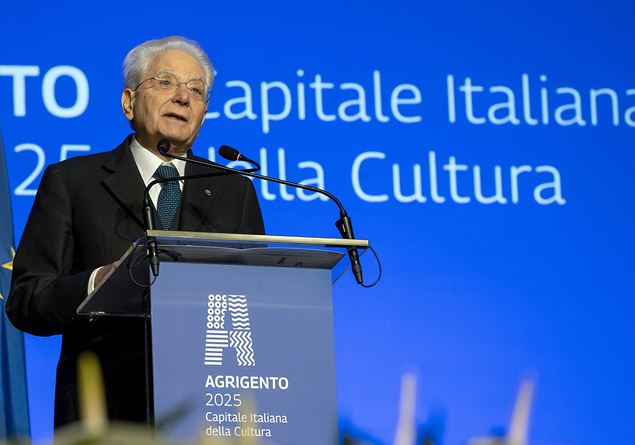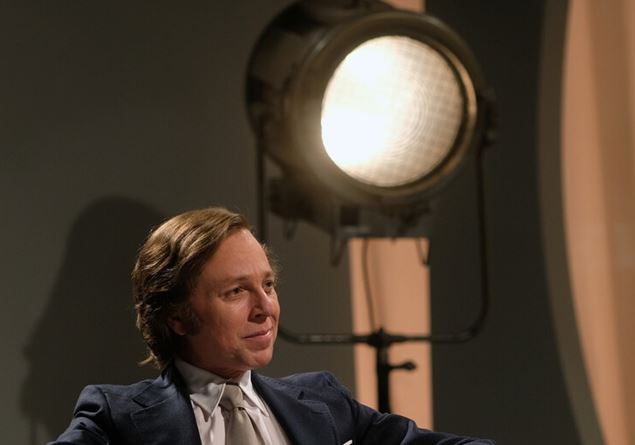
A man and a public figure “who has sometimes been dismissed with great superficiality, also for that word of greeting of his, Allegria. When you understand how for him it was a wish, a joyful hope for the future, after the extremely hard years in his life and that Italy had gone through, takes on a different and full of meaning”. He explains it Claudio Gioè, who embodies in Mike by Giuseppe Bonito, one of the fathers and symbols of Italian television. Tonight in prime time on Rai 1 the second episode of Mike will be broadcast, the miniseries which celebrates 100 years since the birth of Bongiorno and 70 years since his first television program in Italy.
The story starts in 1971, when Mike is at the height of the success of Rischiatutto and he is starting a relationship with the woman who will become his third wife, Daniela (Valentina Romani) with whom he will have his three children. The request to tell his story for the first time in a major television interview with a famous journalist (Paolo Pierobon) is the tool with which the series returns to the life ‘between two worlds’ of Michael, born in New York in 1924 to a family Italian-American. His journey (as a teenager and in his twenties he had the face of Elia Nuzzolo) led him, among the various stages, to return to Italy in the 1930s with his mother, make his debut as a journalist and join the Resistance, be imprisoned by the Germans, come close several times death, and returning once released to the USA where he discovered radio and TV. Passions that brought about the turning point in his life.
“Mike lived between one continent and another, between his father and mother, sometimes for him it was a lacerating dualism – explains Bonito -. Here we find him in a story of depth, which wanted to reset his more conventional image. He was a very rich character.” This “for me was one of the most complex jobs of recent years. I was terrified of facing a character so loved by Italians – adds Gioè -. I was especially interested in Mike with the cameras off, his anxieties, his ghosts, his obsessions.”. It makes your legs tremble “to give a face to a character who has also been much imitated. With Giuseppe, however, we concentrated on some loving quotes, on what the public loved most, on conveying his humanity. We wanted to tell his soul”.


